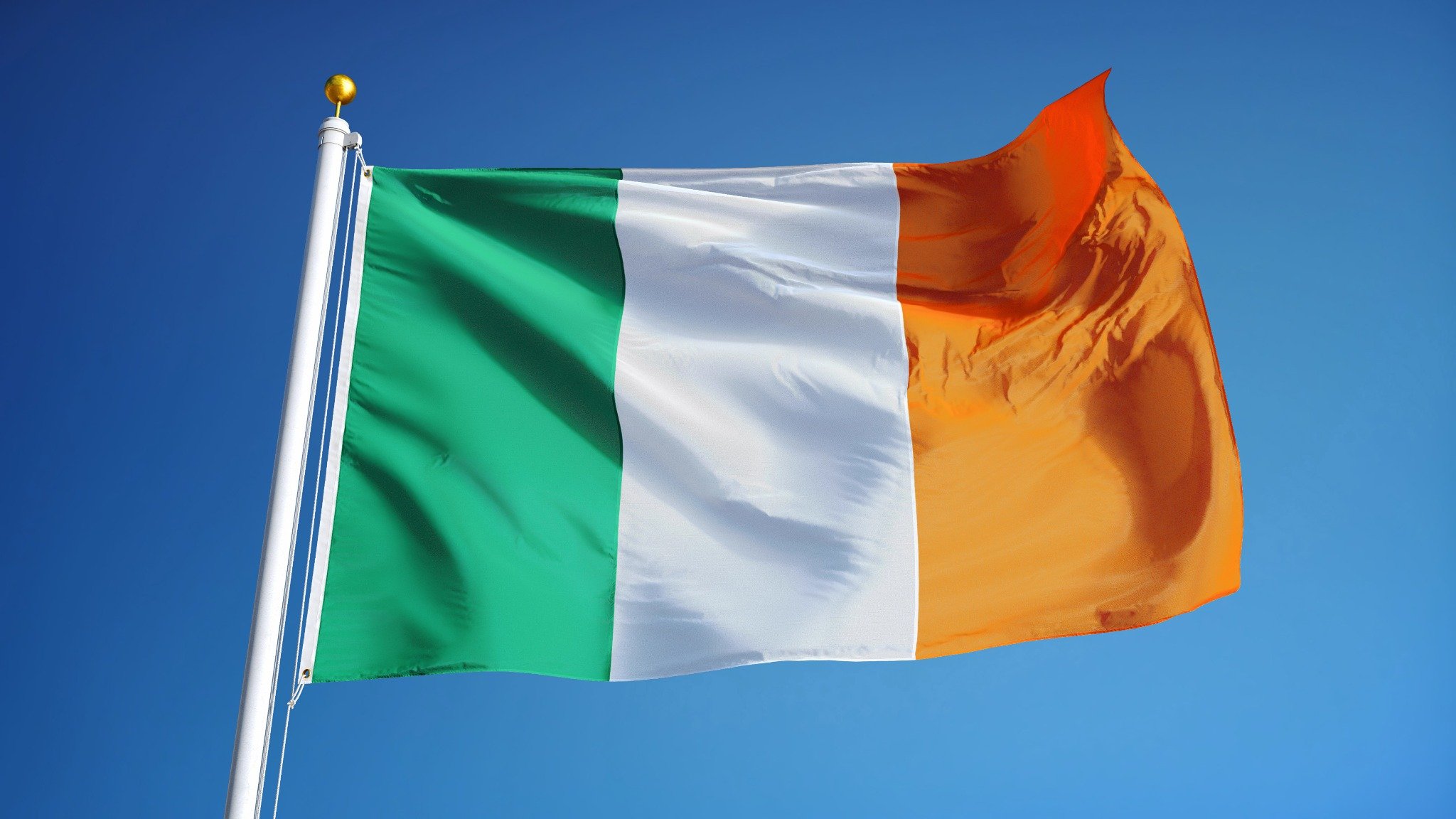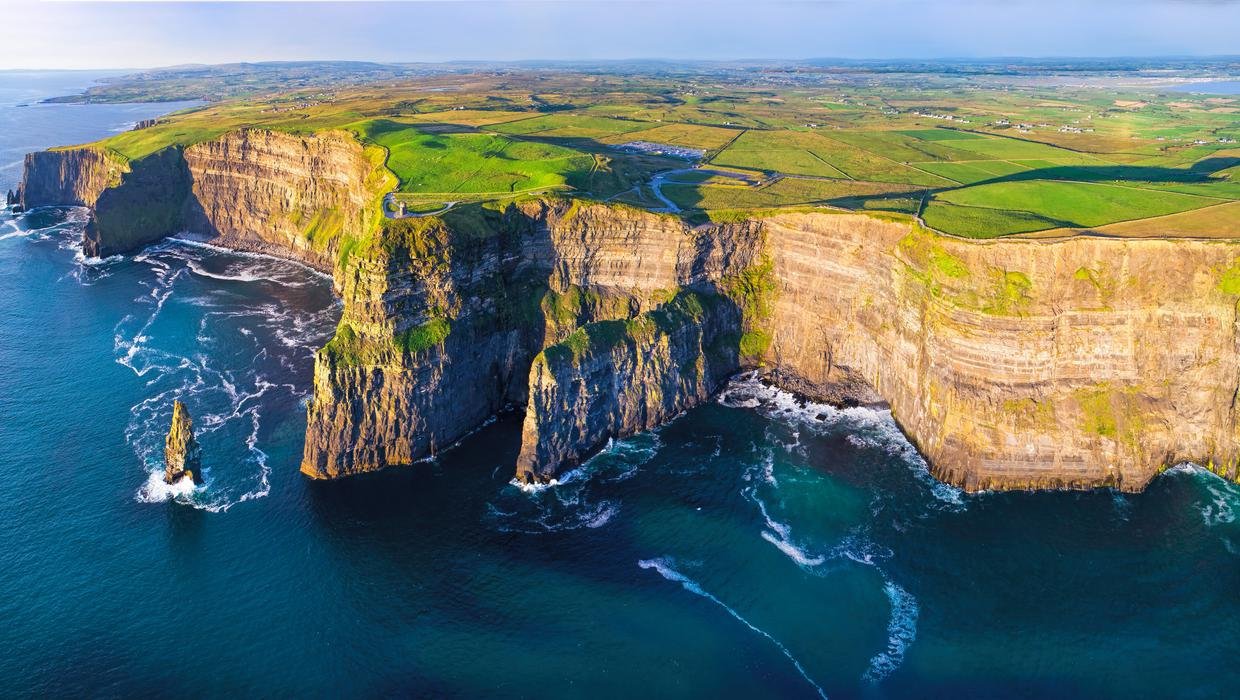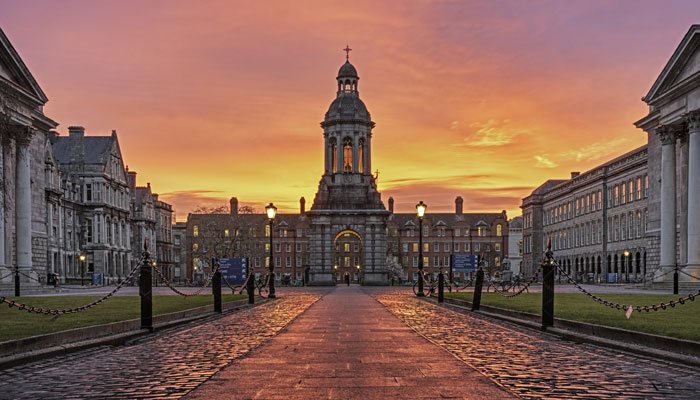irish citizenship by descent.
There are Irish communities found in Cape Town, Port Elizabeth, Kimberley, and Johannesburg. There was limited emigration into the Cape during the great famine, primarily due to the initial refusal for the Cape to become a penal colony. Even though most Irish coming to the Cape were not criminals, those who had criminal records were for petty crimes. Irish emigrants were left frustrated by Anti-Convict protests that dominated Cape society throughout the 1850s, leaving many ships no option but to find other places to make land.
Over half a century later, however, about 5,000 Irish immigrants made the journey to South Africa between 1902 and 1905. There was a small but consistent flow of Irish immigration post WWI and WWII.
Today, an estimated 330,000 South Africans have Irish ancestry, many of which have not claimed their citizenship. Our Plan B will investigate the various routes to claim Irish citizenship.
Criteria for irish citizenship
Irish nationality law is contained in the provisions of the Irish Nationality and Citizenship Acts 1956 to 2004 and in the relevant provisions of the Irish Constitution. The standard routes for applying for Irish Citizenship for those born outside of Ireland are as follows:
If one of your parents (born outside Ireland) had Irish citizenship at the time of your birth;
If the birth of you or one of your parents (outside Ireland) was registered in Ireland or at an Irish consulate or foreign births registry;
If the birth of you or one of your grandparents was born in Ireland.
If your parent was born before 17 July 1956 and you have a great-grandparent born in Ireland (certain cases only); and
If you or one of your parents or grandparents was resident or domiciled in Ireland on 6 December 1922 or employed by the Irish government at the time of their Childs birth.
Essentially, the Irish citizenship can be passed down from generation to generation without having to live in Ireland. As long as the previous generations birth is registered before the next generation is born.
Citizenship by Irish Associations and Ministerial Discretion
The long and short of citizenship claims for births outside of Ireland is that if your parent or grandparent was registered on the foreign births registry before you were born, you might claim citizenship.
The registration process, in some instances, was quite challenging to complete, depending on where the Irish family lived. Farming families were days away from any city with a consulate. Thus, registration to ensure the Irish lineage continued was not at the forefront of many parents' minds.
There are hundreds of cases where registration of the parent or grandparent did not occur before the next generation's birth which denies them the ability to claim citizenship under the standard route. However, this is not a complete showstopper to claim Irish citizenship through a great-grandparent. There is the ability to apply for citizenship by the Minister's discretion in cases of Irish descent or Irish associations. There are several cases of applicants being granted citizenship through their great-grandparent born in Ireland.
Section 16 of the Irish Nationality and Citizenship Act 1956, as amended, gives the Minister the absolute discretion to waive the statutory conditions in certain circumstances, including where the applicant is of Irish descent or Irish associations (defined as related through blood, affinity or adoption to a person who is or is entitled to be an Irish citizen).
Essentially, an association going back two generations without any other link to the State is not sufficient to warrant consideration or waiving the statutory residence conditions. There need to be additional connections and Irish associations to be considered for citizenship.
The additional connections can include visiting Ireland as a tourist, continued celebrations of Irish holidays, donating time or money to Irish associations and many other links. It is also essential to ensure that your relatives obtain their citizenship even if you cannot immediately. Having your parents, uncles and aunts, and cousins eligible to be Irish citizens assists in building your case for Ministerial discretion.
strongest passport in the world?
Although the passport is statistically not the strongest globally because of the number of visa-free countries one could visit, several other criteria make Irish citizenship incredibly powerful. According to Henley & Partners, the passport carries the ability to travel to 188 countries and territories without a visa, officially ranking it 6th in the world. Henley & Partners Passport Ranking.
Ireland is a European Union (EU) member state, which enables its citizens to move freely anywhere within the EU to visit, live and study at any point in time. Being a European citizen provides an additional bonus of receiving local student fees anywhere within the EU. Local student rates are an enormous saving, especially for South African's who otherwise would need to pay international student rates to study in Europe.
ADDITIONAL Benefits of being an irish citizen
An added benefit to being an Irish citizen is its bilateral agreement with the United Kingdom (UK), separate from the EU, greatly affected by Brexit. Irish citizens living or studying in the United Kingdom (and vice-versa) are protected under the Ireland Act 1949. Under this arrangement, Irish citizens may visit, work and learn in the UK as they could before Brexit.
The bilateral agreement is an enormous bonus in terms of education for Irish citizens. Students with an Irish passport may still study within the UK at local rates, whereas all other European citizens must pay total international student rates.
Other added benefits include Ireland ability to take part in the United States (US) E2 investor visa programme, which considerably reduces the investment needed to move to the US from around $900,000 to $100,000. The E2 visa allows an Irish investor to go to the US and live with their family, and dependents can work and study.
Irish citizenship is straightforward for those applying through a parent or grandparent born in Ireland or through continued registration of ancestors on the foreign births registry before the next generation is born.
A non-standard route provides the necessary opportunity to build a case to show your Irish connections and continue to spread the Irish culture for generations to come. Make an enquiry with Our Plan B, and an expert will quickly determine if you should proceed with an application.




